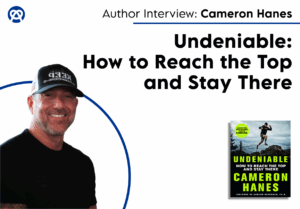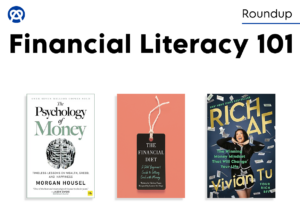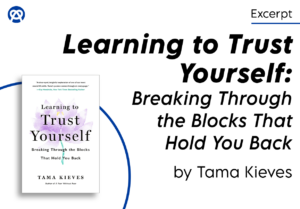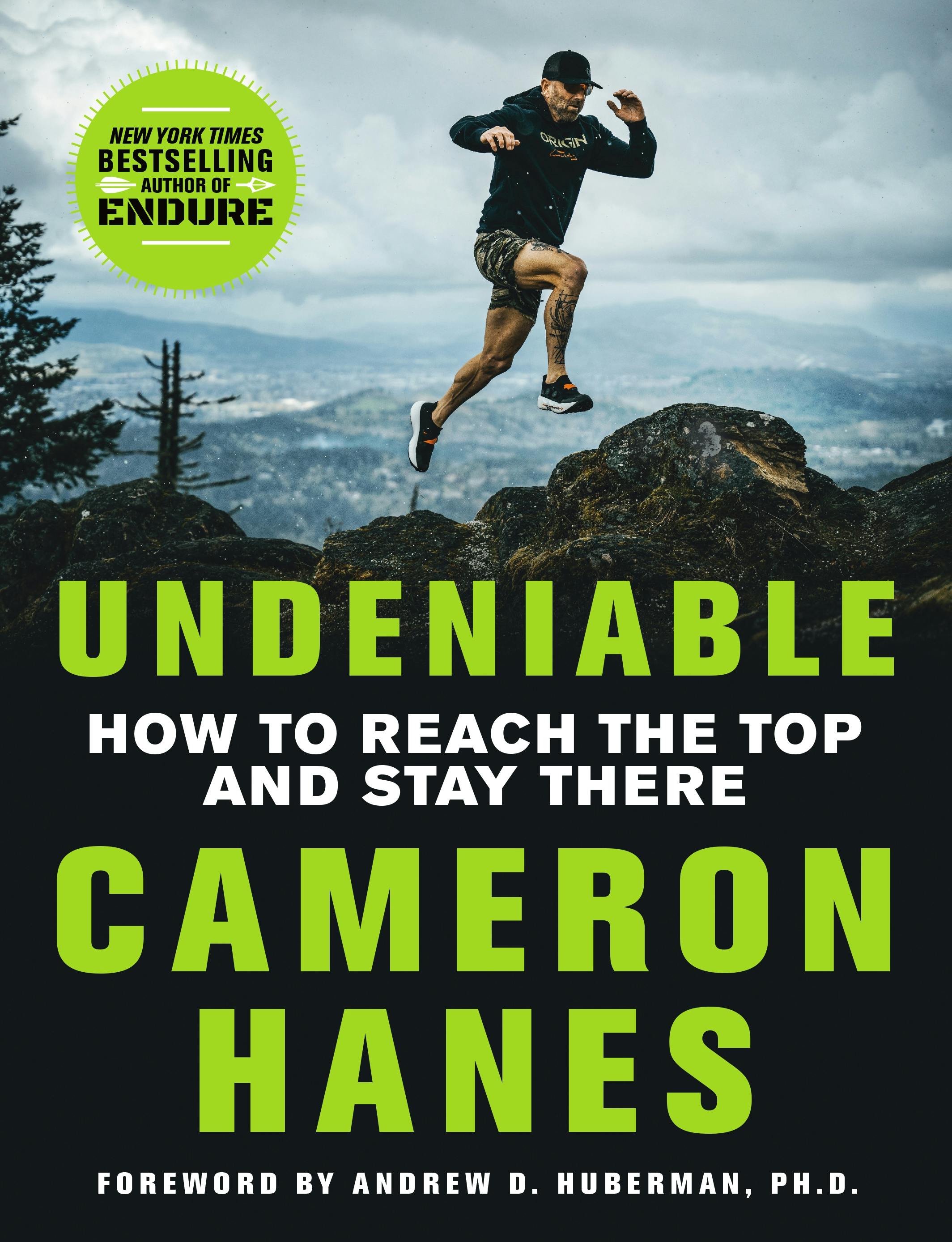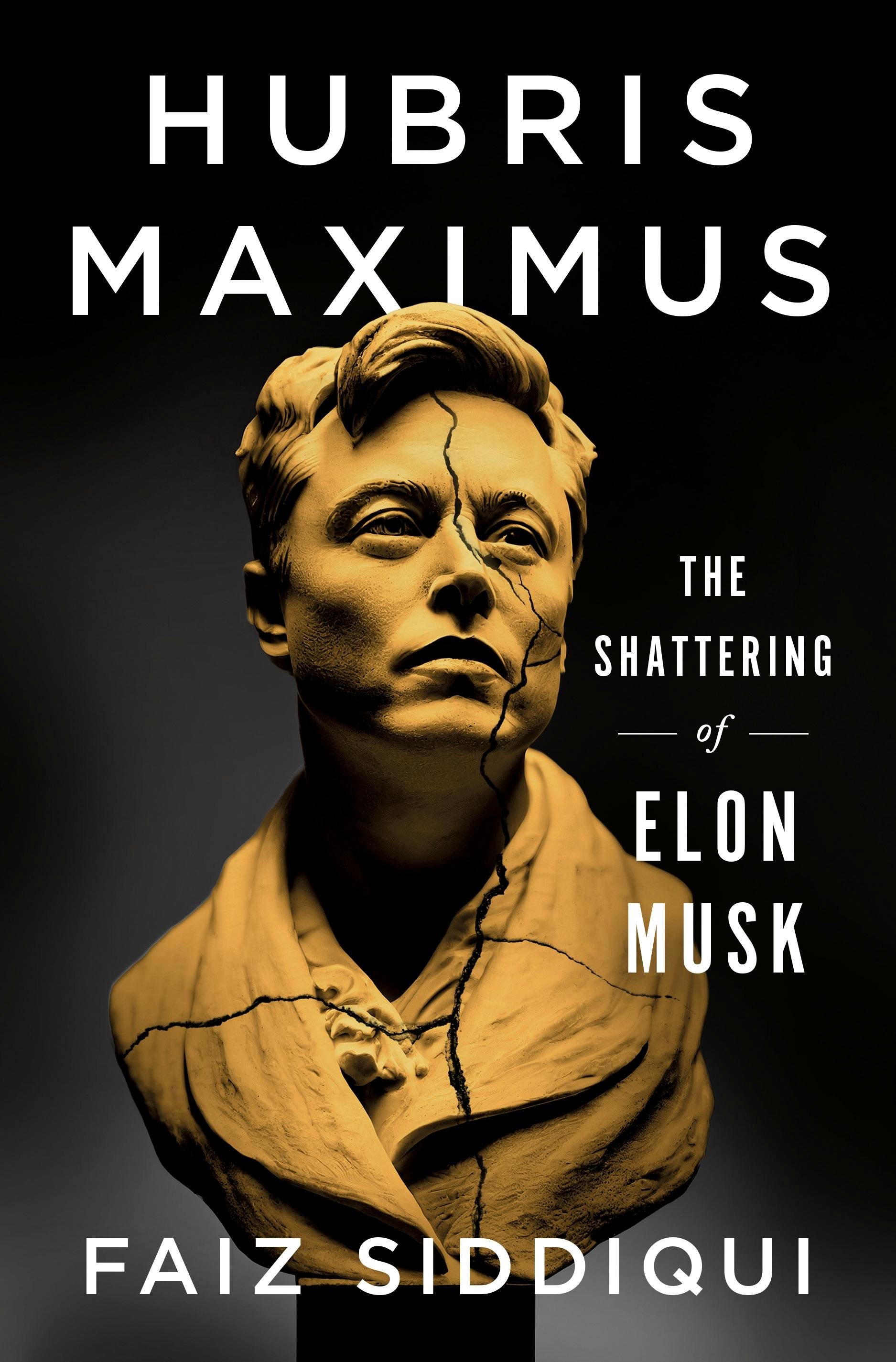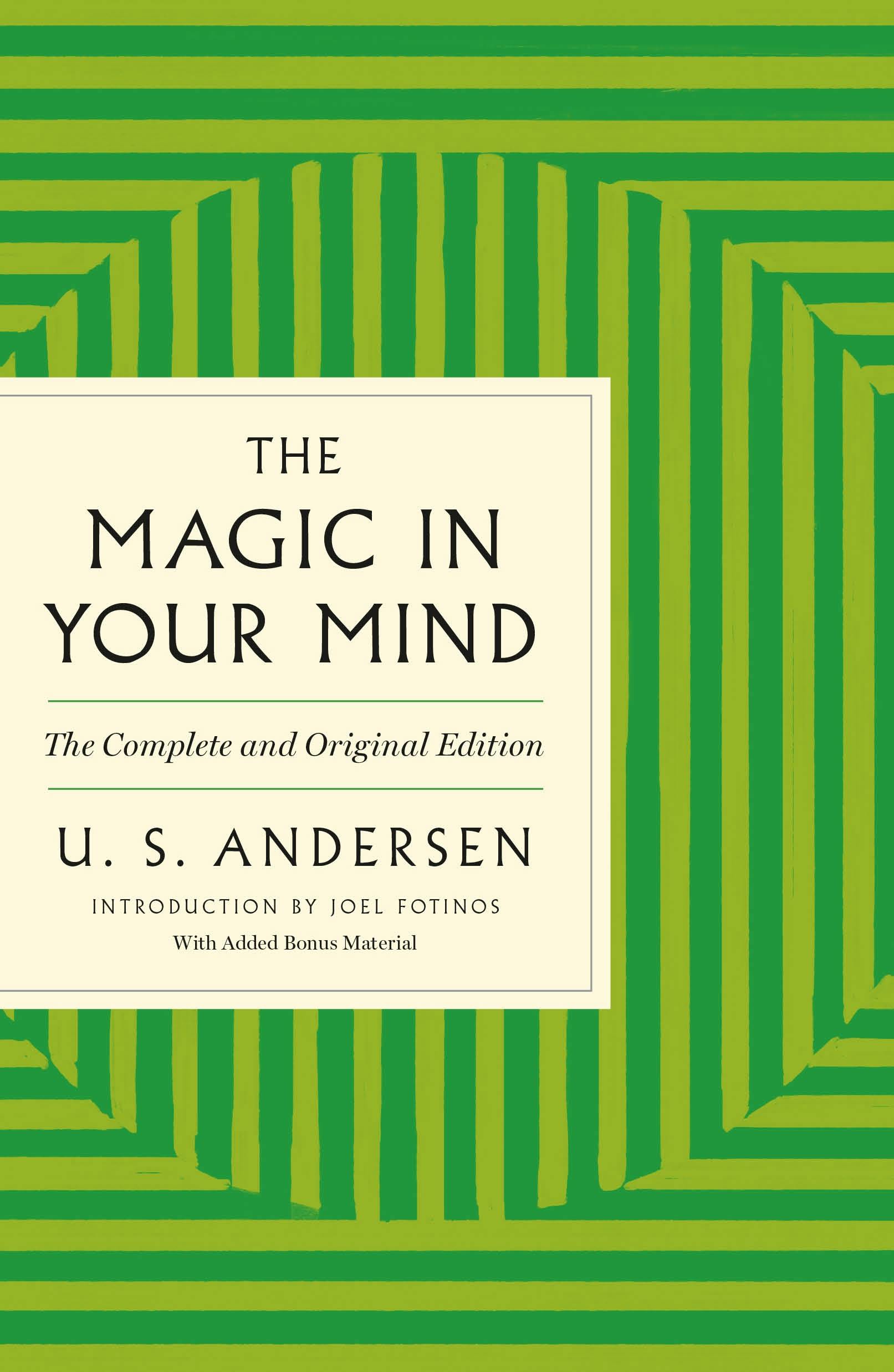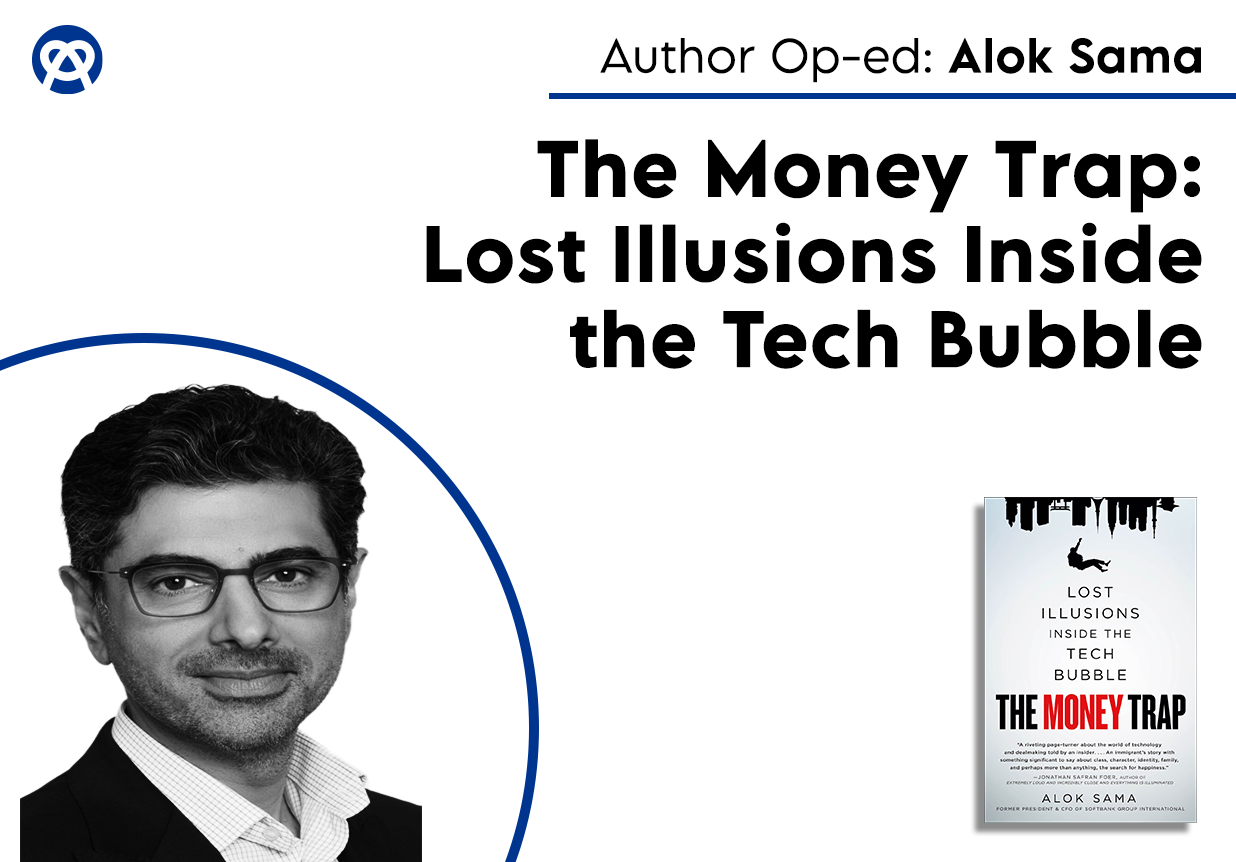
“Singularity is coming,” said my boss, the delightfully eccentric visionary Masayoshi Son. It was a crisp autumn evening, and we were seated on his porch overlooking the sprawling formal garden of his Tokyo home.
This was a comment he would repeat with the resounding and metronomic predictability of Big Ben striking the hour. Yes, everyone gets it now, but Masa called it ten years before the current AI hype cycle. I should have paid more attention, maybe bought some Nvidia stock, for this was a man who rode the internet revolution to become the world’s richest person, then bet his company on the iPhone before it existed.
At the time, Masa’s pet project was Pepper the empathetic companion humanoid whose eyes—literally—lit up when you massaged its head, a metallic manifestation of Masa’s evangelical faith in AI as a benign force driving the next great leap forward for humanity.
Elon Musk, on the other hand, seemed more influenced by Mary Shelley’s monstrous vision of machine learning gone wrong. In his chronically desperate effort to sound interesting, Elon had this to say: “What if there was an AI programmed to pick as many strawberries as possible, and so it cultivated nothing but strawberries on all of Earth’s land? Then it would be Strawberry Fields Forever!” I might have invoked that icily malcontent machine named HAL to make the point, but regardless Elon had a contingency plan—the colonization of Mars, replicating earth’s balmy atmosphere by nuking the Martian poles to create an atmospheric greenhouse.
So what would our AI future look like, I wondered, the adorable R2D2 or Frankenstein’s fiend?
Regrettably, the Pepper project was abandoned. I was not surprised. Pepper was smart and cute, but my golden retriever had a superior emotional engine and was soft and cuddly besides. The redoubtable Masa Son now looks to monetize his AI vision by investing in the chip technologies that power the intelligence engines of the future. Meanwhile, Musk seeks a Vulcan mind meld with machines to control them, even as his SpaceX Falcon rockets grow bigger, in synch with his ego.
I never shared Musk’s paranoia: in Lennon’s words, it’s “nothing to get hung about.” For when it comes to damaging humanity, we set the bar higher for machines than we do for humans. As Dostoevsky says, “a beast can never be as cruel as a human being, so artistically, so picturesquely cruel.” Instead, my pet peeve with AI is the worms inside my head telling me what to read, watch or listen to. Dilute intellectual curiosity and the machines will win in any conspiracy, real or imagined, to dumb down the human race.
At the heart of AI is machine learning. To manufacture a book, a musical work or visual art, a robobrain absorbs massive data sets to predict what word, note or pixel comes next based on analyzing what word, note or pixel came next before. By design, the machine learning process thus precludes originality.
Machine learning can be supervised, unsupervised and/or “reinforced” based on trial and error. Victor Frankenstein’s creature, for example, acquires language and knowledge by reading Milton, Plutarch and Goethe while listening to his protectors speaking French. He could have been a refined and erudite dude wearing a bow tie, had the world given him a chance. The creature’s unsupervised reinforcement learning came from being the subject of and witness to human bias and cruelty. But in either state, like an image generated by Dall-E or an essay written by Chat-GPT, the creature did nothing original. It did what people do—acts of kindness and self-improvement to start with, but eventually and regrettably a mindless vendetta. On the other hand, no machine will conceive a pickled shark as an art installation, as Damien Hirst did, or micturate on a canvas, as Andy Warhol did for his splashy “piss paintings.” I am not a fan of either, but originality, even when it flirts with absurdity, always impresses.
I have no issue with reproductions of art in all its forms, by machines or by people. Writing, for example, is often a subconscious and plagiarized agglomeration of stuff the author has read before. Where it gets hairy is when the algos become surreptitious arbiters of taste. Would a Spotify algo have fed township jive—the street music of Soweto—to Paul Simon? Yet this was the inspiration for the masterful Graceland. Would George Harrison have discovered Ravi Shankar’s sitar ragas had robotic recommendation engines dictated his youthful choices? Yet this was a powerful influence on the Beatles and the breathtaking originality of Sgt Pepper’s.
It gets worse. The network effects, accelerated by relentless AI algos, that drive the economics of tech platform models are even more evident in the ubiquitous cultural phenomenon we call “trending.” Sam Bankman-Fried questions Shakespeare’s genius purely on statistical grounds. What are the odds that the greatest writer ever was born in the 16th century, given the billions of people who have come since? he inquires. While by no means his greatest error, Bankman-Fried asks the wrong question, the way Musk misses the point of Lennon’s idyllic Strawberry Fields. Sam might instead wish to ponder a different statistic: what are the odds that anything written today rivals works that continue to thrill three hundred years later? And instead of addictive video games that feed his ADHD, he might read Zola’s Money, written in 1890, to understand greed and hubris in financial markets. Perhaps Balzac’s Lost Illusions, written in 1840, to contemplate his own ascent and downfall. These are not recommendations he will receive from any AI algo, but hopefully feature in his prison library.
Speaking of recommendations, if you’ve clicked on this essay and made it to the end, a misguided AI also might push you to read…well, whatever it is, ignore it. Tell it to zip it, can it, muzzle it, drop dead. The future of humankind is at stake.
Want more from Alok Sama? His debut book, The Money Trap: Lost Illusions Inside the Tech Bubble, is now available wherever books are sold.

Alok Sama is the former President & CFO of SoftBank Group International. He previously served as a Managing Director at Morgan Stanley, and has worked in finance and technology for over thirty years in New York, San Francisco, London and Hong Kong. Sama holds an MBA from The Wharton School and an MFA in Creative Writing from New York University. The Money Trap is his first book.


